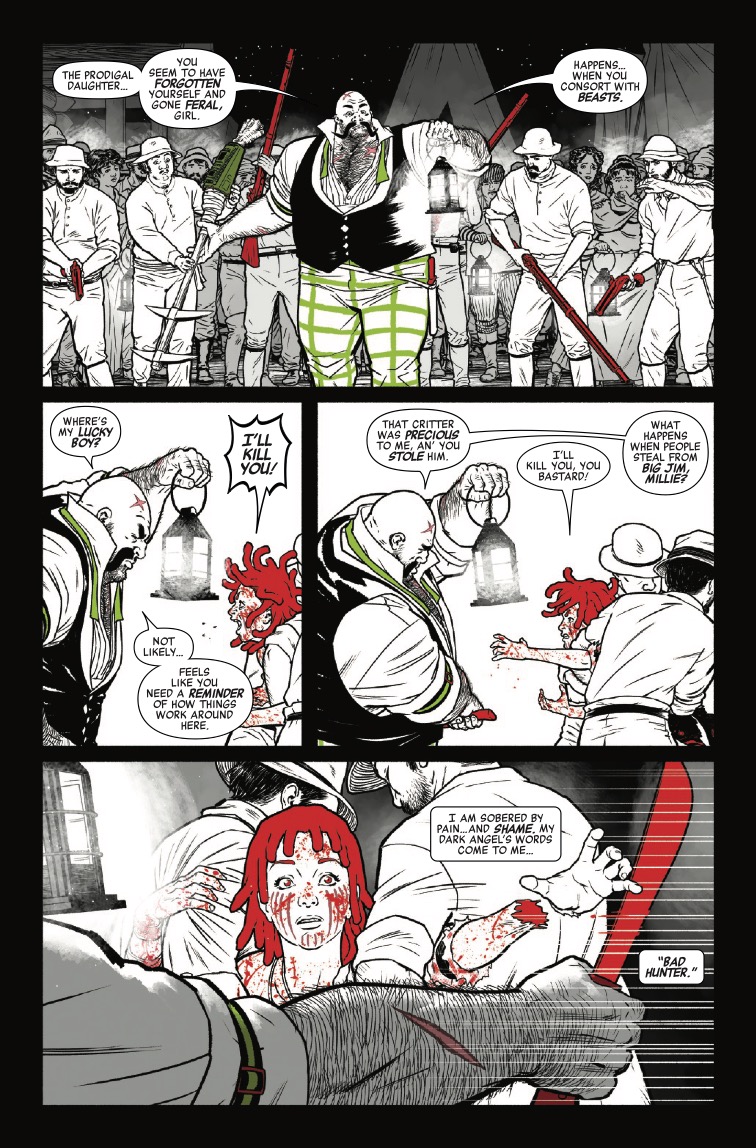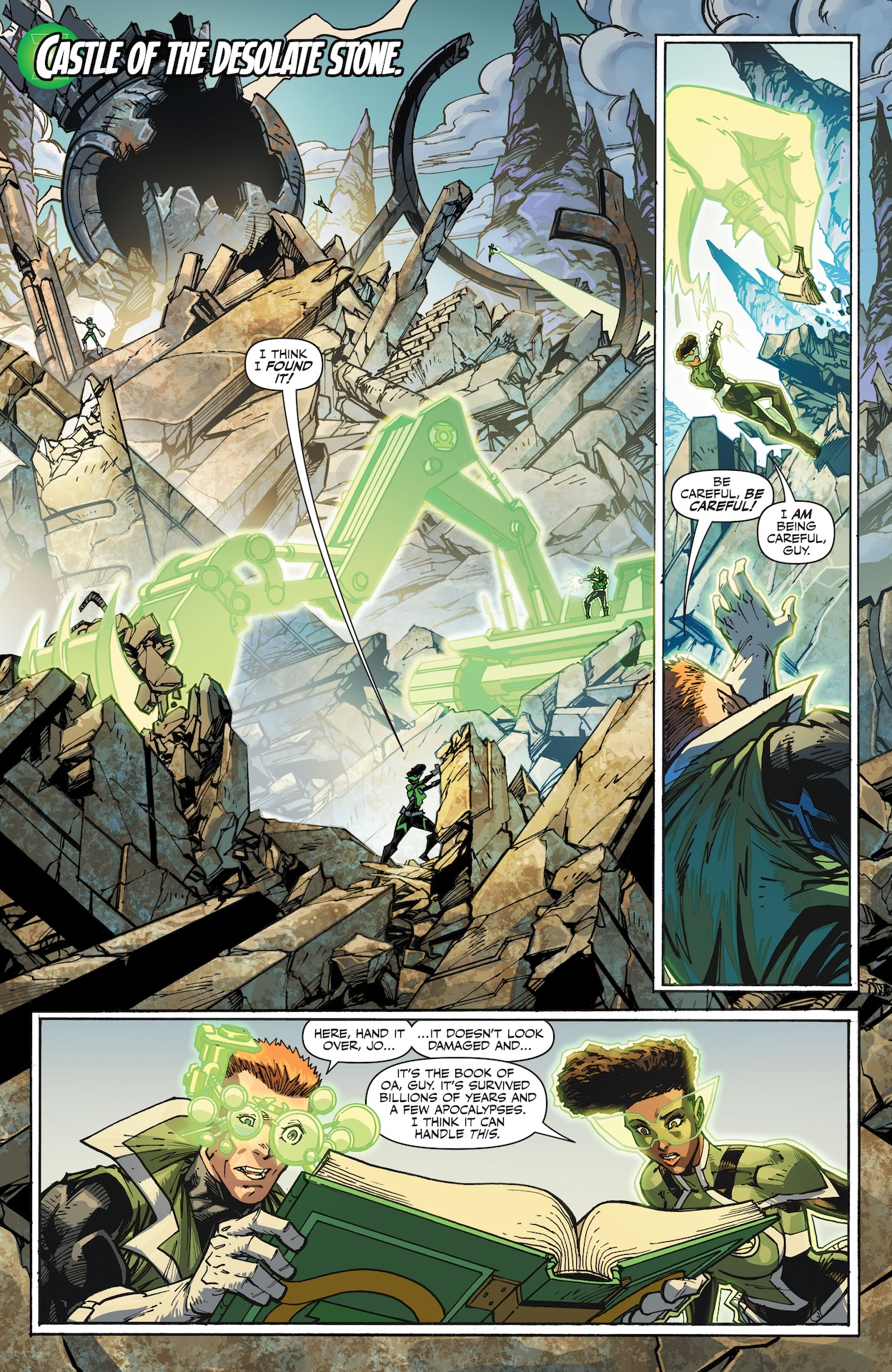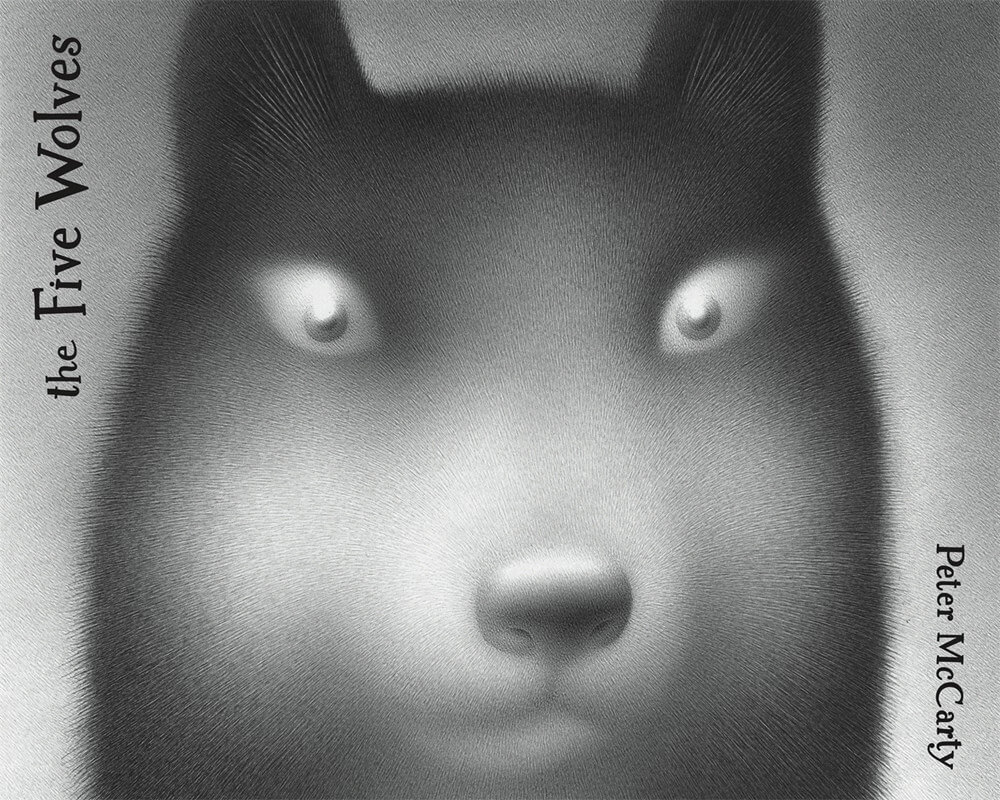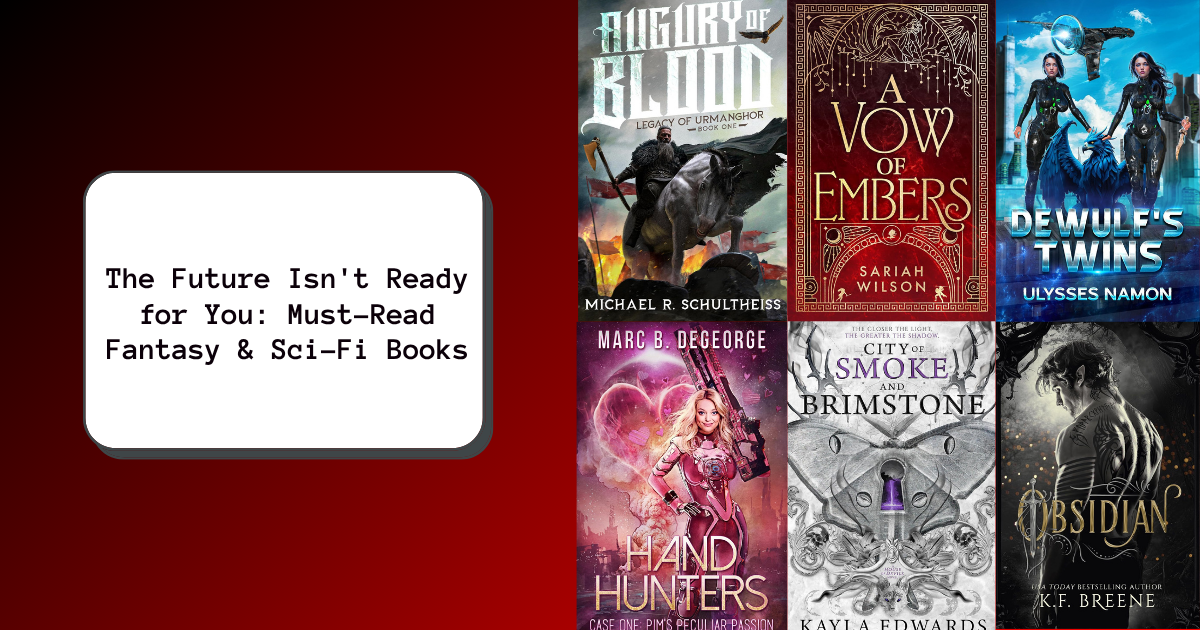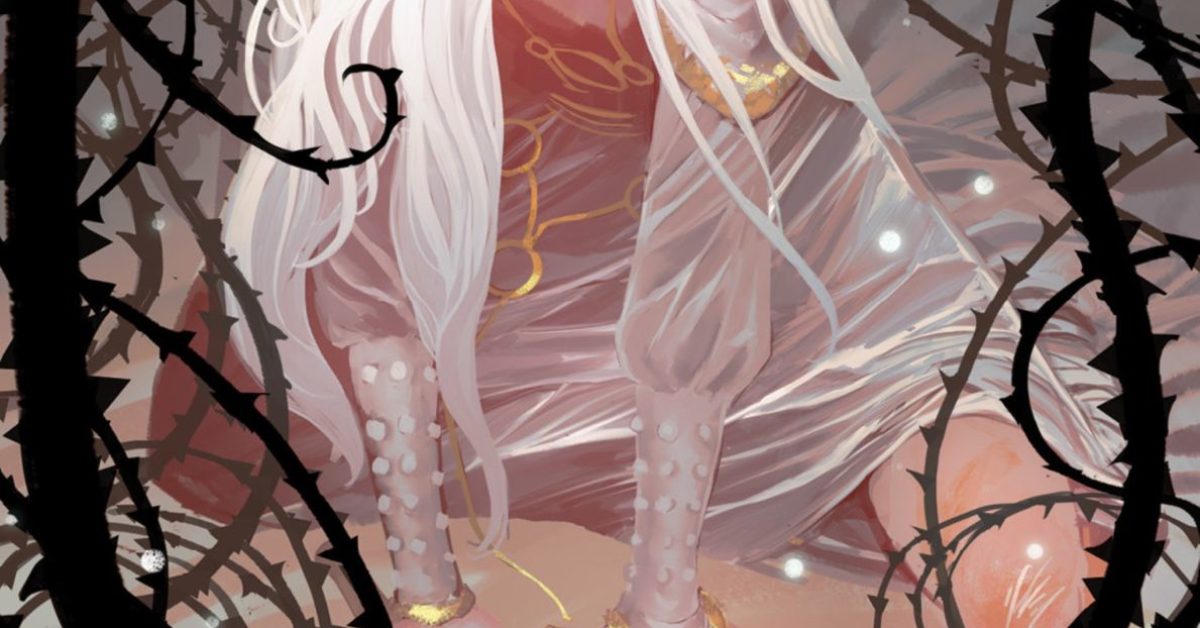Posted in: Comics, Heritage Sponsored, Vintage Paper | Tagged: pre-code horror
Testifying before a Senate Subcommittee seems to have made publisher William K. Friedman angry, because his subsequent comics like Fight Against Crime pushed boundaries even more.
Article Summary
- Explore how William K. Friedman defied the Senate by intensifying comic content in 1954.
- Discover the bold covers of Fight Against Crime #20 and its appeal in the Pre-Code era.
- Learn about Friedman’s legal battles against censorship and his ties to pulp magazines.
- Uncover the deliberate elements in Friedman’s comics that challenged moral censors.
You can almost tell a 1954 comic book edited and/or published by William K. Friedman just by glancing at the cover art. We’ve come back to Friedman’s 1954 moves often in our discussions about the final months of the Pre-Code era. This was the peak moral panic year for comic books, and most publishers spent the months between the April 1954 Senate Hearings on comic books and the announcement of the development of the Comics Code that September either figuring out how they were going to survive or if they were going to give up entirely. Publishers like Marvel’s Martin Goodman and even Lev Gleason were toning down their most extreme content during 1954, well before the announcement of the Comics Code. But not William K. Friedman who owned and/or operated publishers Premier, Story Comics, and Master Publications. It would appear that the Senate Subcommittee had made Friedman angry, because in the months after the hearings but before the Code, he proceeded to publish exactly what the would-be censors hated most. His horror comics became more extreme. His romance comics became more extreme. And his crime comics also became more extreme. Fight Against Crime #20 might just be the most sought-after crime cover of the later Pre-Code era, and there’s a CGC VG/FN 5.0 copy up for auction in the 2024 October 24 – 25 Pre-Code Horror & Crime Comics Showcase Auction #40272 at Heritage Auctions.
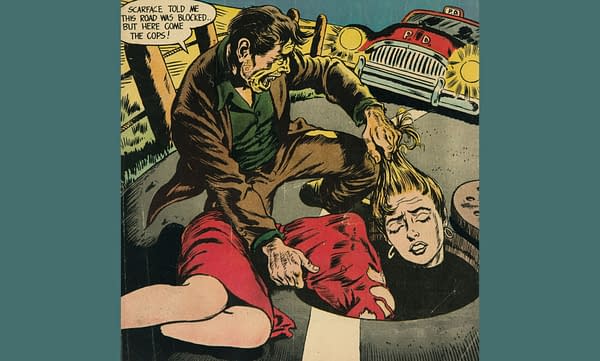

It certainly seems like Friedman was purposefully testing the boundaries at this point. As his comfortable sparring and willingness to push back against questioning in front of the Senate Subcommittee indicates, this was not his first brush with defending publishers against government censorship. He was also a lawyer, and In 1934 he took on New York City over Commissioner of Licenses Paul Moss‘s actions in ordering 59 magazines off the newsstands there, including a number of pulps. Among other pulp publishers, Friedman represented Harry Donenfeld, who would soon become the publisher of DC Comics but was then the publisher of pulps including Pep Stories, Spicy Stories, and Gay Parisienne.
Friedman was known to be extremely hands-on as an editor, so the fact that his covers contained so many elements that Wertham and the Senate frowned upon was probably no accident. Fight Against Crime #20 is a notable example of that, and there’s a CGC VG/FN 5.0 copy up for auction in the 2024 October 24 – 25 Pre-Code Horror & Crime Comics Showcase Auction #40272 at Heritage Auctions.
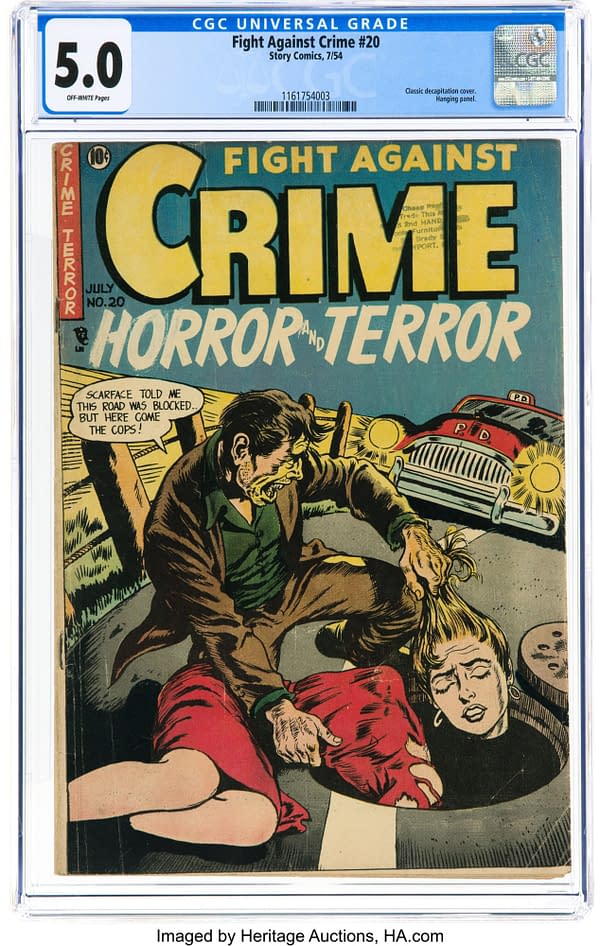


Affiliates of Bleeding Cool buy from and/or consign to Heritage Auctions.
Stay up-to-date and support the site by following Bleeding Cool on Google News today!


